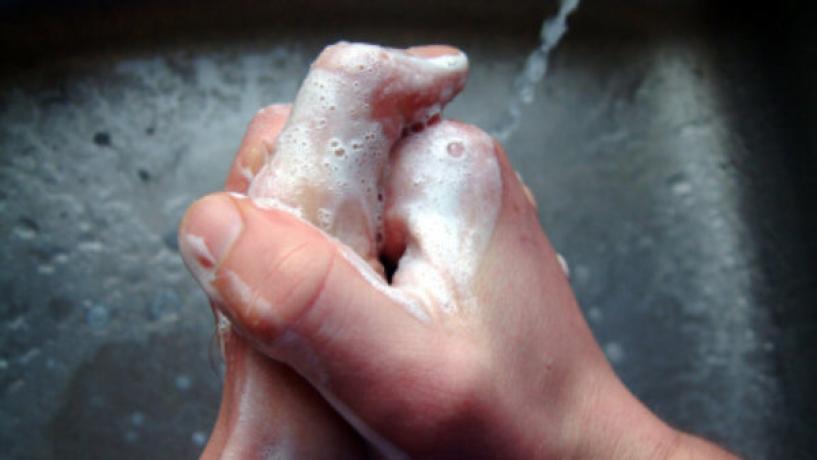
Travelling is a big part of many full lives and a big part of having a fulfilling travelling experience is experiencing the local cuisine.
However, many travellers wind up suffering from unexpected bouts of discomfort caused by food consumption.
It’s important to understand that not all cases of intestinal discomfort and illness experienced while travelling is the result of legitimate food poisoning. Locals in a given area are going to be immune to certain organisms present in the water and food all the time while travellers can be gravely affected. This phenomenon is sometimes called “travellers’ diarrhoea”.
A Closer Look at Travellers’ Diarrhoea
Commonly experienced symptoms of this condition include nausea, diarrhoea, abdominal cramping, and generalised abdominal pain. Some people also run a fever or experience vomiting. Although people rarely suffer serious illness from this, it can still take a couple of days to feel better if you’re generally healthy. Most cases of travellers’ diarrhoea occur in developing countries of the Middle East, Latin American, Asia, and Africa.
How to Prevent Getting Sick While Travelling
In order to prevent having your vacation ruined by travellers’ diarrhoea, be sure to observe safe and meticulous hygiene practices. Always wash your hands after using the restroom and spending time in public, especially before eating or handling food. Carrying hand sanitizer with you is a good idea.
You should also choose what you eat and drink with care. Street food is an especially risky option, so eat at your own risk. Also, avoid any food that has been allowed to reach room temperature and remain there for any period of time. Dry foods are generally considered much safer, as well as fruit that is protected by a peel you will be removing. Food that has been well-heated or steamed is also a prudent selection.
Beverages should be limited to water that has been boiled and/or factory-packaged in a bottle or can. Do not drink or brush your teeth with tap water.





